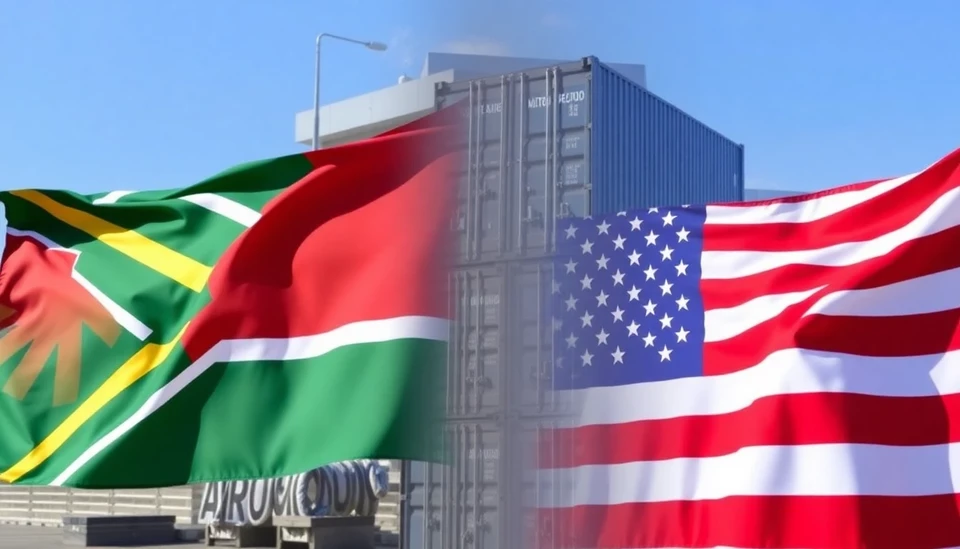
South Africa is reportedly leaning towards establishing a bilateral trade agreement with the United States, indicating a potential shift away from the African Growth and Opportunity Act (AGOA). This development comes amid ongoing discussions surrounding the viability and effectiveness of AGOA, which has been a significant framework for enhancing trade relationships between the US and African nations since its inception.
Sources familiar with the matter have disclosed that South African officials believe a direct trade agreement could offer more tailored benefits and better address the specific needs of the South African economy compared to the broader AGOA program, which encompasses numerous other African nations.
The AGOA was designed to facilitate increased trade and boost economic growth in eligible African countries by allowing a variety of goods to be exported to the US duty-free. Over the years, it has succeeded in increasing exports from Africa to the US. However, its effectiveness has been questioned, particularly as the economic landscape continues to evolve. Officials assert that a bilateral trade agreement could yield more concrete advantages for South Africa, allowing for a more strategic partnership that caters specifically to the country’s economic priorities.
The shift towards a bilateral trade agreement reflects broader economic ambitions as South Africa aims to enhance trade conditions and bolster its economic recovery. By engaging directly with the US, the nation hopes to negotiate terms that could lead to increased investment, job creation, and stronger economic ties.
South African leaders have been vocal about their desire to reform trade ties, seeking arrangements that offer greater flexibility and responsiveness to local industries. This desire for a direct conversation with US trade representatives is seen as a crucial step in redefining and empowering South Africa's economic landscape.
While AGOA remains a critical factor for trade between the US and its African partners, the preference for bilateral agreements signifies a potential pivot in how trade relations are structured. As the geopolitical dynamics evolve, both the US and South Africa appear to be exploring more customized and strategic trade arrangements.
The discussions around this potential shift come at an important time as several nations on the African continent are also reevaluating their trade agreements to ensure that they are beneficial and sustainable in the long run. In this context, South Africa's move could set a precedent for other nations considering a similar approach.
As negotiations continue, the outcome of this potential bilateral agreement could significantly impact trade relations not only between South Africa and the US but also serve as a bellwether for trade strategies across the continent.
Looking ahead, stakeholders from both countries will undoubtedly focus on crafting an agreement that captures the interests and strengths of South Africa while aligning with the strategic goals of the United States in the region. The implications of such a deal could ripple across various sectors and influence future trade discussions between the US and other African nations.
As these discussions evolve, the international community will be watching closely to see how South Africa navigates these potential changes and what it could mean for the future of trade between Africa and the United States.
#SouthAfrica #USTrade #AGOA #BilateralTradeAgreement #EconomicRelations #TradePolicy #AfricanEconomy #GlobalTrade
Author: Laura Mitchell




